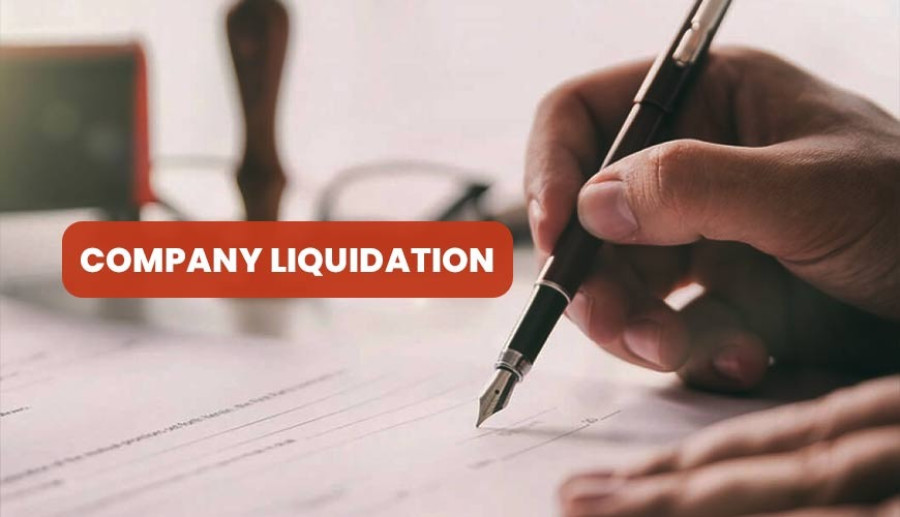Author: Paralegal T. Munkhbat
Greetings. As part of our ongoing effort to make legal knowledge accessible and understandable, AKP Law Firm is pleased to present the next edition of our legal blog series.
For individuals, it is common to enter into loan agreements—either orally or in writing—and later face difficulties in recovering the loan principal or interest. For companies, the issue often arises when they have supplied goods, performed services, or otherwise delivered work, yet remain unpaid.
In this article, we will provide guidance on how debts and receivables arising under oral or written agreements may be recovered through legal means, both judicial and extrajudicial.
This article covers the following topics:
Extrajudicial debt recovery
1.1. Serving a demand letter
1.2. Settlement agreement
1.3. Mediation
Judicial debt recovery
2.1. Civil courts
2.2. Arbitration
Enforcement of judgments
Costs
Key considerations in debt recovery
1. Extrajudicial Debt Recovery
As legal practitioners, we always recommend attempting an amicable settlement first. This can save time and expense for both our clients and the opposing party.
1.1. Serving a Formal Demand Letter
First and foremost, the debtor must be informed of the potential risks and legal liabilities that may arise from non-payment.
In doing so, the creditor should issue a formal written demand specifying a clear deadline for payment and explaining the legal consequences of failing to comply within that period. Such a demand letter may later serve as evidence in support of a claim filed before the court.
It is strongly advised that you consult an attorney when drafting the content of this letter and outlining the applicable legal consequences.
1.2. Settlement Agreement
If you and the debtor mutually agree to settle the debt either in installments or at a reduced amount, you may conclude a Settlement Agreement. Such an arrangement can, in many cases, save both parties significant time and expenses.
It is strongly recommended that the settlement agreement be notarized. A notarized settlement will allow you to bypass court proceedings and thereby save both time and costs in the event of default.
1.3. Mediation
If the parties are willing to settle voluntarily but cannot reach a mutual agreement, they may seek assistance from a mediator in disputes arising out of civil, labor, or family relations. The purpose of mediation is to support the parties in finding a solution that best serves their own interests and to resolve conflicts and disputes between them amicably, expeditiously, and at minimal cost.
2. Judicial Debt Recoveryss
If the debt cannot be recovered through amicable settlement, the creditor may initiate judicial debt recovery proceedings with the assistance of an attorney.
2.1. Civil Courts
A statement of claim shall be filed with the first-instance district civil court having jurisdiction over the defendant’s place of residence, and the dispute shall be adjudicated accordingly.
The claim must be accompanied by supporting documents such as contracts (e.g., loan agreements, sales contracts), or, in the absence of a written contract, other evidence proving the existence of an oral agreement, as well as documents substantiating the provision of services or delivery of goods.
2.2. Arbitration
If the parties have agreed to resolve any disputes arising from the contract or agreement through arbitration, the claimant may submit a statement of claim to the arbitral tribunal, which will adjudicate the dispute accordingly.
Furthermore, it is advisable to seek the assistance of an attorney when filing claims with a court or arbitral tribunal, compiling supporting evidence, and participating in hearings, in accordance with the applicable procedures.
3. Enforcement of Judgments
Even when a court judgment has become legally binding, in some cases the debtor may refuse to comply voluntarily. In such instances, the creditor may file a request for compulsory enforcement with the court and obtain a writ of execution. Subsequently, the creditor may submit the writ to the enforcement authority to compel the debtor to satisfy the court’s judgment.

4. Costs
If the parties are able to reach a resolution through mutual agreement and extrajudicial settlement, it can save both time and costs. However, such methods are not always effective. Consequently, recourse to judicial proceedings may become necessary, which entails certain costs such as attorney’s fees and state stamp duties. These costs may vary depending on the amount of the claim, so it is advisable to consult the relevant district court information office, a court clerk, or an attorney for precise information.
5. Key Considerations in Debt Recovery
Oral agreements and transactions involving cash or property are often difficult to prove in court. Therefore, when selling goods, providing services, or lending property to another party, it is essential to execute a written contract in accordance with the law. In cases where agreements are made between private individuals, it is advisable to have the contract notarized. This ensures that, in the event of a dispute, sufficient evidence exists to support a legal claim in court.
If it is not possible to conclude a formal contract and the transaction must be carried out urgently, the following measures may be taken as examples:
For the sale of goods: Prepare a delivery receipt or acceptance act, and have the counterparty sign and stamp it.
For providing work or services: Retain all related emails, chat records, and other supporting documents, and keep them archived.
For lending property or money: Transfer funds or property through non-cash means and clearly indicate the purpose of the transaction, such as “loan” or “funds lent,” since cash transactions are difficult to substantiate as evidence.
Therefore, when transferring goods, property, work, or services to another party, it is essential to retain evidence that can be used to substantiate the transaction if needed.
For further advice or detailed guidance related to this article, please contact us at:
E-mail: contact@akp.mn
Tel: 7704-1414




